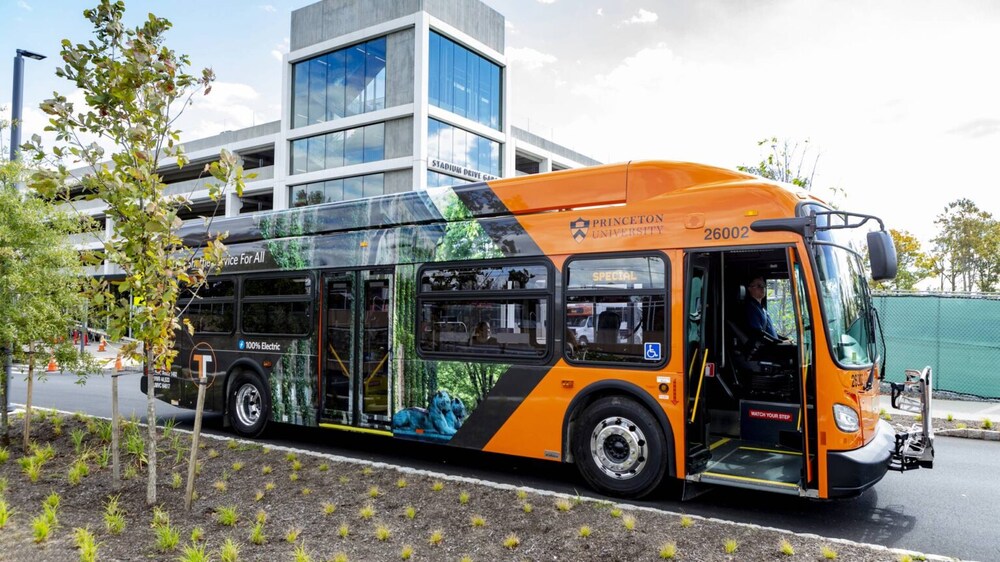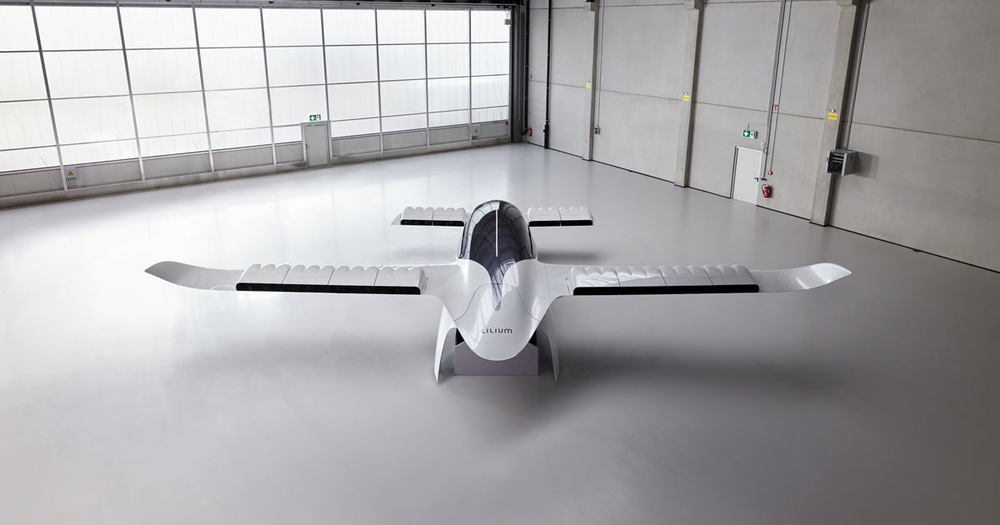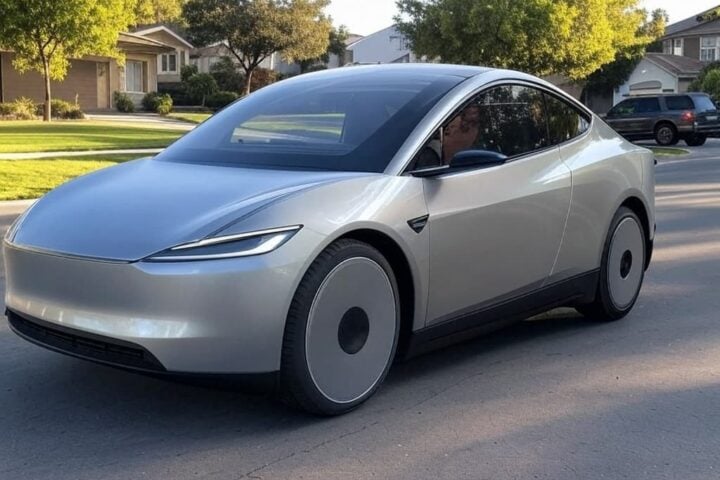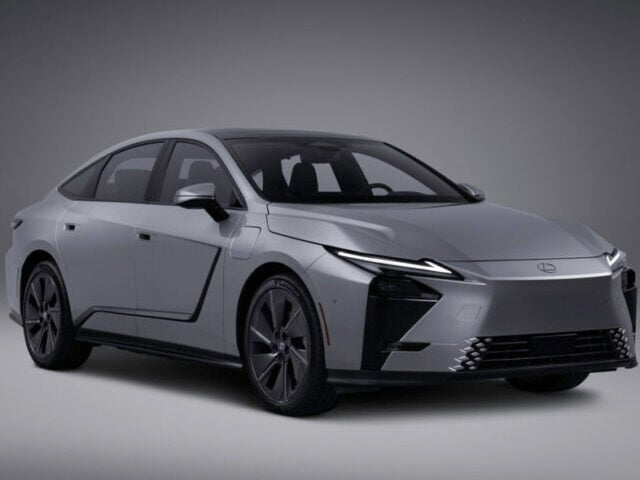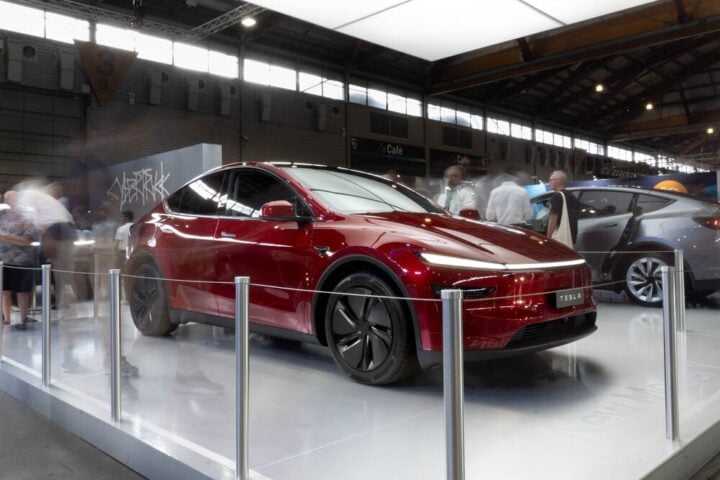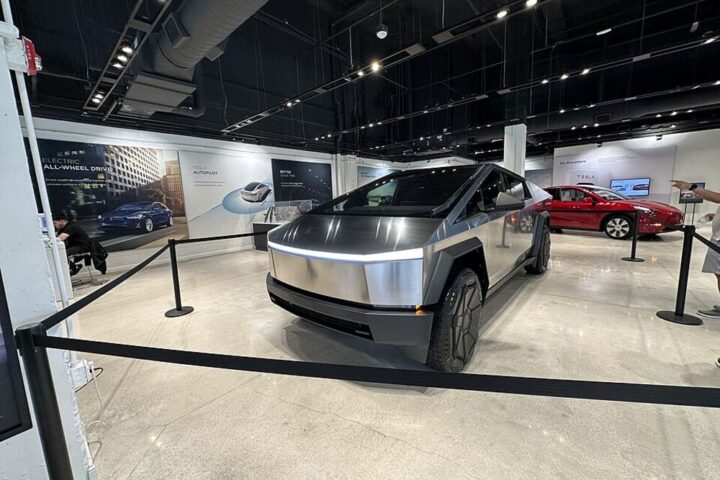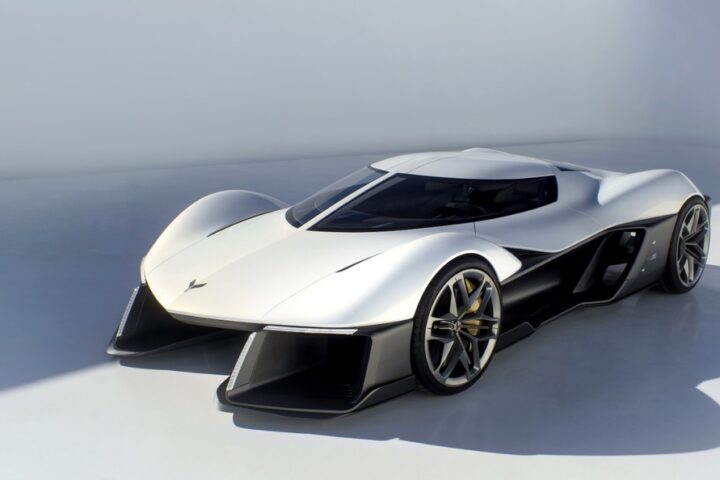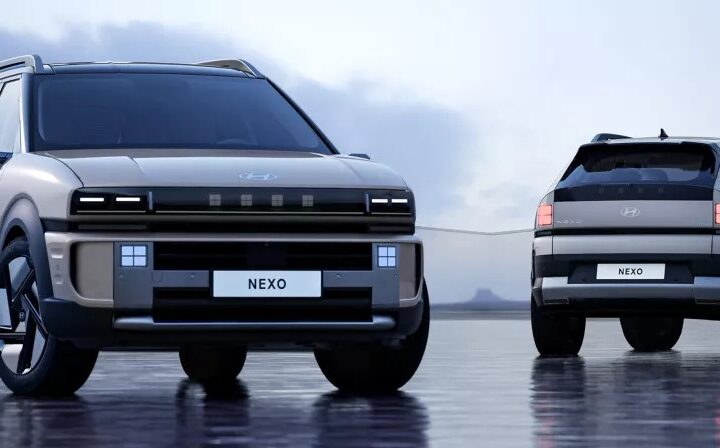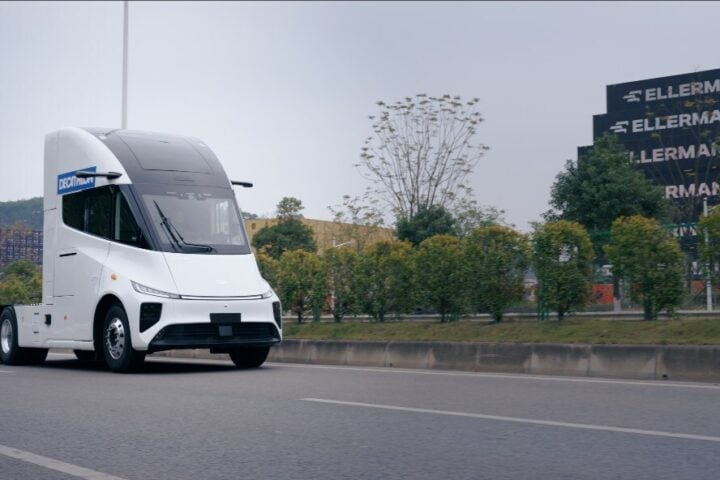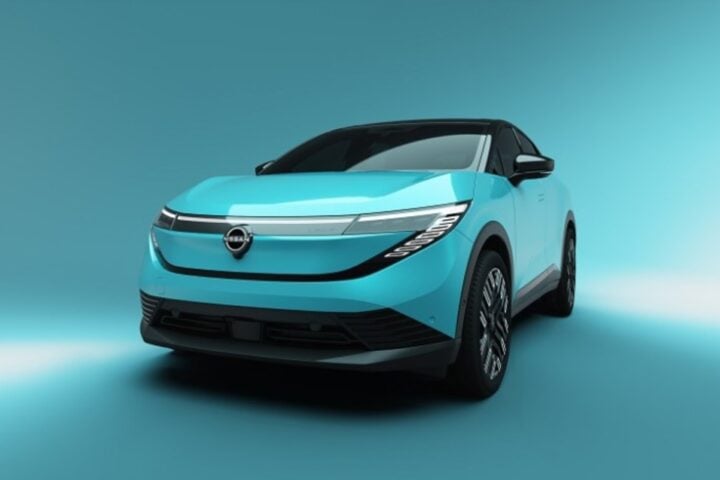Princeton University’s recent introduction of 17 new electric buses marks a significant step towards achieving net-zero carbon emissions by 2046. These buses, integral to the University’s broader sustainability plan, eliminate around 500 metric tons of tailpipe emissions annually, enhancing local air quality. Remarkably, all of Princeton’s full-size buses are now electric, and the eventual retirement of diesel mini-buses will position it as the first Ivy League school with an entirely emissions-free transit fleet. Christopher L. Eisgruber, Princeton University President, said, “TigerTransit’s 17 new electric buses advance our campus sustainability goals [and] exemplify the changes we are pursuing as an institution and as a society.”
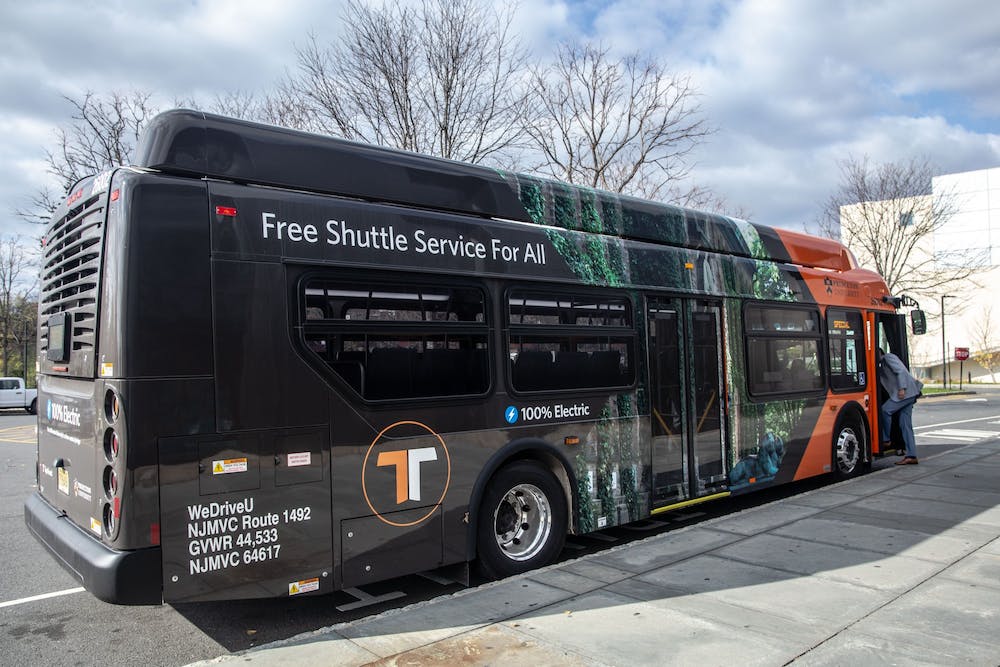
This transformation began three years ago, a pioneering journey without a clear playbook. The decision-making process involved extensive research and consultation with industry experts, culminating in the selection of the Xcelsior battery electric buses (XE35) by New Flyer. These buses offer a range of 120 to 200 miles and can run for 12 hours in temperate weather, accommodating 26 seated and 18 standing passengers, along with USB chargers for devices.
Similar Posts
The adoption of these electric buses has significantly increased ridership, surpassing pre-pandemic levels. This surge is attributed to improved vehicles, enhanced service plans, and better rider information tools, including real-time arrival screens and updated transit schedules on Google.
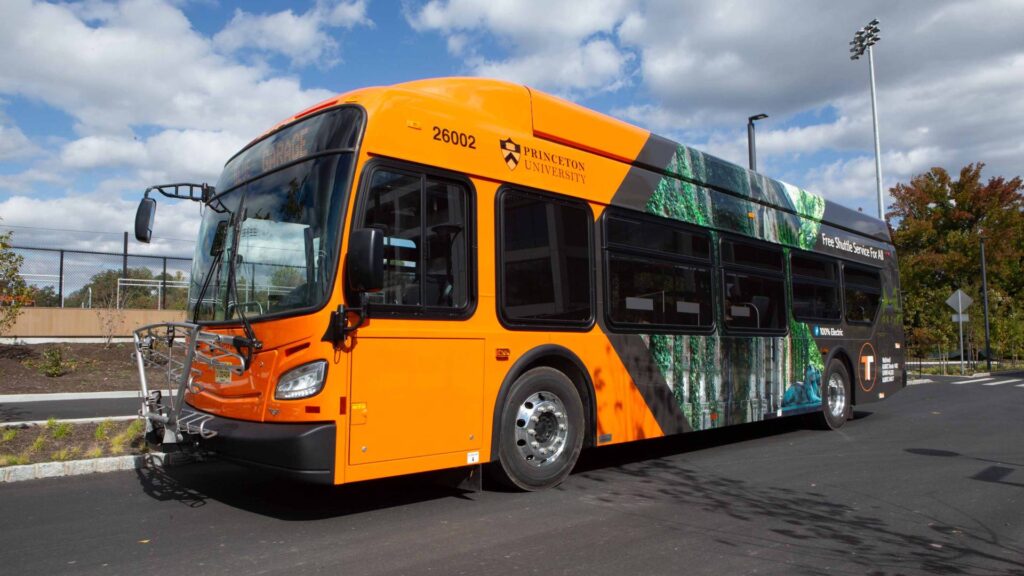
Princeton’s commitment extends beyond its transit system. The University generates nearly 20% of its campus electricity through its solar panel system, with a 5-acre solar array contributing significantly to this capacity. Additionally, the campus features multiple charging stations, including a primary facility capable of charging 16 buses simultaneously and a secondary station that might see increased use with the advent of colder weather. “A year ago, this was gravel, tumbleweeds, and a couple of storage containers. Today, it’s one of the largest electric transit vehicle charging facilities in the country,” said Charlie Tennyson, Princeton’s director of Transportation & Parking Services, while addressing the charging station.
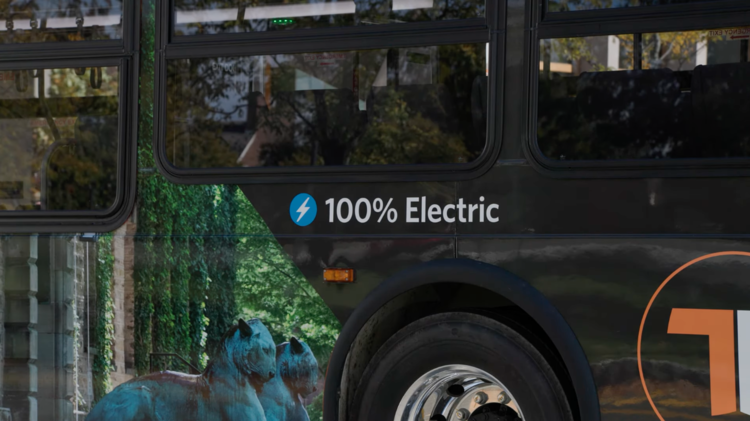
The initiative reflects a collaborative effort involving regional partners, other universities, public transit agencies, and companies like PSE&G. This partnership highlights a shared dedication to a cleaner, electrified future. As part of its commitment to electrification and sustainability, Princeton is expanding its infrastructure to include more electric vehicle charging ports across the campus.
